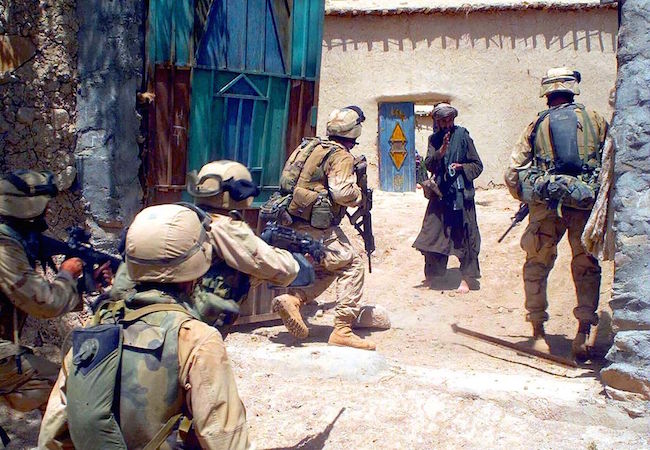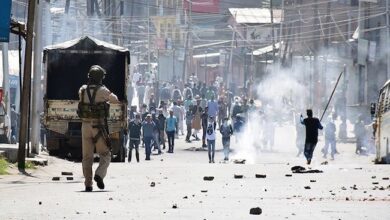ASIAINTL CONFLICTSOPINION
Trump and his military top brass: Do they agree on when to exit Afghanistan?

By Professor Torek Farhadi
Few days ago, President Trump tweeted that he would have all his troops out of Afghanistan by Christmas. The tweet has created a lot of confusion with the Afghan Government, as well as with NATO allies part of the coalition in Afghanistan. How should we read it?
Looking at the calendar, the US elections are in just three weeks from now. It is therefore totally understandable that President Trump sends a tweet which helps his electoral prospects. Millions of his followers read it and gain comfort they will be voting for a man who keeps his promises; putting an end to unending wars. President Trump has sent tweets about Syria and Iraq as well in the past, but US troops are still present on the ground there. Most Americans have forgotten those war theatres. Notice also President Trump has promised the return of US troops home for Christmas, which falls after the November 3rd election day. If he wins he could bring this batch home and send a few fresh ones to replace them later. He hasn’t lied. If he loses, it is no longer his problem.
What did the Department of Defense and his Generals have to say about the same tweet? The US will exit Afghanistan when all its interests are secured said General Milley. This is understandable also. One doesn’t end a war which has cost north of $870 Billion and 2600 plus dear lives based on a date on the calendar 70 days from now but based on conditions on the ground. Moreover Afghanistan still houses Daesh and possibly many other terror groups.
So, will the US ultimately exit Afghanistan? It is safe to say yes, but it is not safe to say when. Does this confusion in communication from Washington influence the currently ongoing Doha peace talks between the Taliban and the AfghanGovernment? Yes, definitely. From a psychological standpoint it tips the balance to the favour of the Taliban who tout the fact that they are pushing out of Afghanistan another Super power after the Mujahedden booted out Soviets in 1990.
Does President Trump’s tweet chip away credibility from what the Trump’s Administration’s top Diplomat for Afghanistan says about “conditions based withdrawal”? Yes, it does. But then again all Trump administration officials know everything they do for the administration hangs on a tweet which could undercut their efforts at any moment in time. They also know how to dance around the words to align themselves with the Boss after one of his tweets. Meanwhile, in Afghanistan, the recent spike in violence in Helmand and Herat might have been instigated by Tehran. Those Taliban have had a history of proximity with the Iranians. Iranian Foreign Ministry’s spokesperson expressed
So, after the US exit, whenever it might be- will the Afghan National Army secure Afghanistan? They haven’t been able to reach that benchmark in the past 19 years with the help of the US and coalition. However, let there be no doubt, they will be able to avoid a rapid collapse of the Government in Kabul. In that process, the war will mutate into a violent civil inter-Afghan bloody fight with no foreign armies present on the ground.
And what does the Afghan Government have to say about Trump’s Christmas tweet? The Presidential Palace has been pretty mute about it. Why? Because nobody can control Trump’s tweets. Neither the Afghans, nor the Americans. The Government is preparing for the eventuality of a US exit anyways. That exit will happen sooner or later. The government will face a serious onslaught from the Taliban at that point especially if the Doha peace talks haven’t yielded results. The Afghan Government will be ready to defend Kabul and the big cities to the extent they can. Nobody knows for how long.
Torek Farhadi is a former adviser at the International Monetary Fund ,The World Bank Group and the UN




